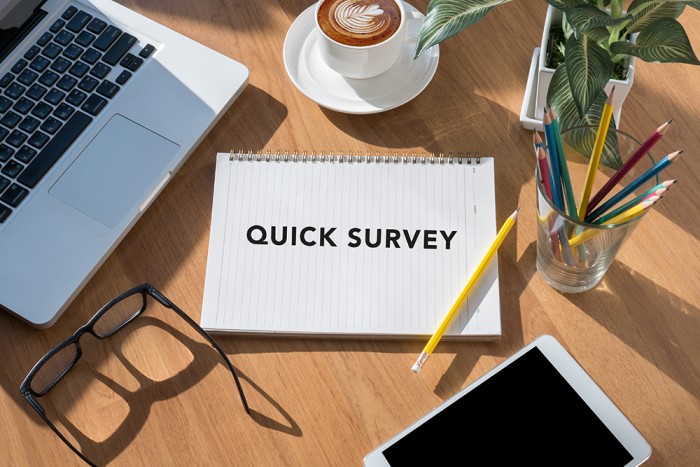The Pennsylvania Department of Drug and Alcohol Programs (DDAP), through RCPA, is seeking input on its plan to license telehealth-only outpatient SUD treatment providers.
In an effort to regulate unlicensed, out-of-state telehealth providers marketing themselves as addiction treatment providers as well as expand access, DDAP plans to license telehealth-only outpatient SUD treatment providers. These DDAP-licensed telehealth-only providers may provide intake, evaluation, and referral, as well as outpatient, intensive outpatient, or partial hospitalization services via telehealth only, without a physical plant location in Pennsylvania, to individuals who are located in the Commonwealth as long as the provider complies with all applicable federal, state, and local laws.
DDAP will not require the provider to maintain a physical location in Pennsylvania. DDAP also will grant all telehealth-only providers an exception to §709.11(b) regarding the requirement to conduct an onsite inspection for the renewal of a license as part of licensure.
DDAP has also said licensure is no guarantee of payment. Providers that are considering applying for a telehealth-only license should consult their public and private insurance payers to confirm whether they will meet conditions for network enrollment and payment, as DDAP cannot guarantee a DDAP-licensed telehealth-only provider funding or a contract.
Some providers have raised concerns about:
- The effectiveness and quality of tele-only treatment without an ability for in-person counseling and how it could harm patients;
- The siphoning of commercial patients from community-based providers and how it would negatively affect their financial situation;
- The long-term sustainability of community-based providers who understand their community as large national players enter Pennsylvania; and
- Maximizing existing outpatient capacity in Pennsylvania.
Comments may be emailed directly to DDAP Deputy Secretary Kelly Primus. Or, by the close of business this Friday, Sept. 20, please submit to RCPA SUD Treatment Services Provider Policy Director Jason Snyder any comments about this plan. RCPA will then share the comments with DDAP. In addition to any concerns you may have about this new license category, please include in your comments any proposed solutions you have about preventing unlicensed telehealth-only outpatient organizations from providing SUD treatment counseling via telehealth in Pennsylvania.

















